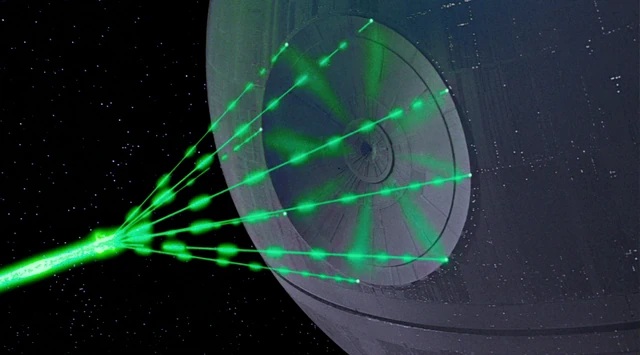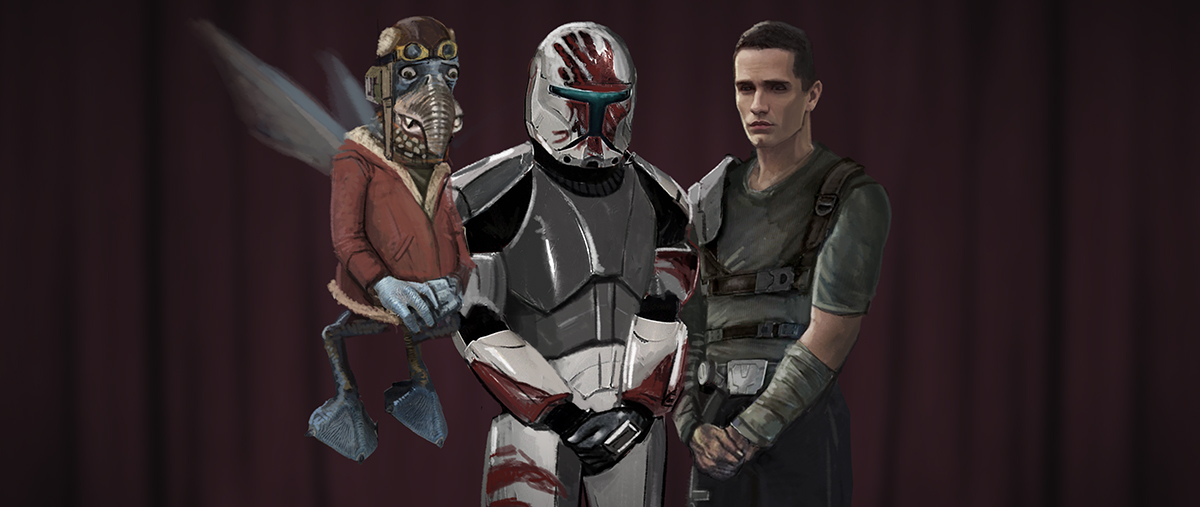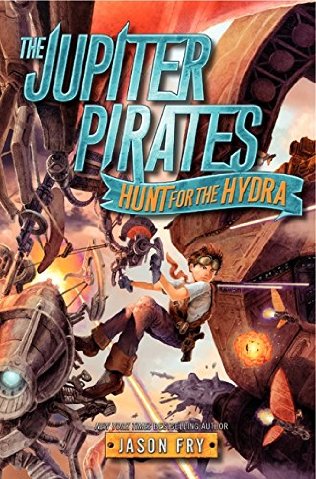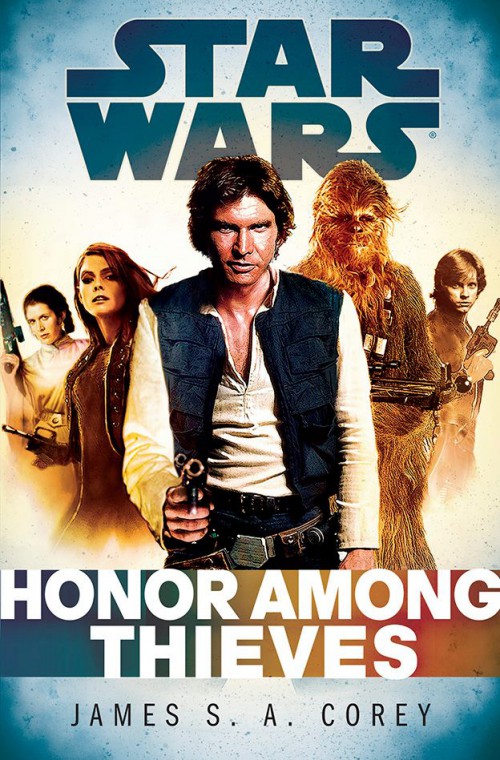
Ah, superweapons, Star Wars would not be the same without them! Despite this, they have a vexed reputation within the Expanded Universe. The frequent accusation is they cover for author laziness, need a SW story fast? Whip up a superweapon! But before that charge is investigated in more detail, what is a superweapon, one definition is this:
“A weapon, especially an extremely destructive one, based on highly-advanced technology.” (http://www.answers.com/topic/super-weapon)
And arguably one against which there is little or no defense! Certainly the Death Stars qualify, despite suffering reactor overload due to some really inconveniently placed torpedoes and missiles!
So, to the initial charge: Is the insertion of a superweapon really the result of author laziness? Or can it be said to instead represent the villainous heart of the story’s adversary? After all, only villains use superweapons? Don’t they?
 There are few Star Wars authors (none, actually) more universally revered than Matthew Stover, the author of Traitor, Revenge of the Sith, Shatterpoint, and Luke Skywalker and the Shadows of Mindor. Stover writes his novels with moving prose, fantastic characterization, snappy dialogue, and generally an inspiring passion for the Star Wars universe. Some of the most memorable entries in the Star Wars Expanded Universe are the product of Matthew Stover, and Disney would be making a grievous mistake in not inviting him to play a role in any sort of EU 2.0. Throughout his involvement with the Galaxy Far, Far Away, Stover has demonstrated a fantastic capacity for utilizing the Star Wars setting to its utmost potential, and for crafting stories that inspire the fandom.
There are few Star Wars authors (none, actually) more universally revered than Matthew Stover, the author of Traitor, Revenge of the Sith, Shatterpoint, and Luke Skywalker and the Shadows of Mindor. Stover writes his novels with moving prose, fantastic characterization, snappy dialogue, and generally an inspiring passion for the Star Wars universe. Some of the most memorable entries in the Star Wars Expanded Universe are the product of Matthew Stover, and Disney would be making a grievous mistake in not inviting him to play a role in any sort of EU 2.0. Throughout his involvement with the Galaxy Far, Far Away, Stover has demonstrated a fantastic capacity for utilizing the Star Wars setting to its utmost potential, and for crafting stories that inspire the fandom.
 We’ve got a bit of an interesting case on our hands in that the “What Star Wars Can Learn From . . .” series here at Eleven-Thirty Eight generally tends to focus on other franchises entirely disconnected from Star Wars. The Jupiter Pirates: The Hunt for the Hydra is a brand-new novel by veteran Star Wars writer and esoterica enthusiast
We’ve got a bit of an interesting case on our hands in that the “What Star Wars Can Learn From . . .” series here at Eleven-Thirty Eight generally tends to focus on other franchises entirely disconnected from Star Wars. The Jupiter Pirates: The Hunt for the Hydra is a brand-new novel by veteran Star Wars writer and esoterica enthusiast 
